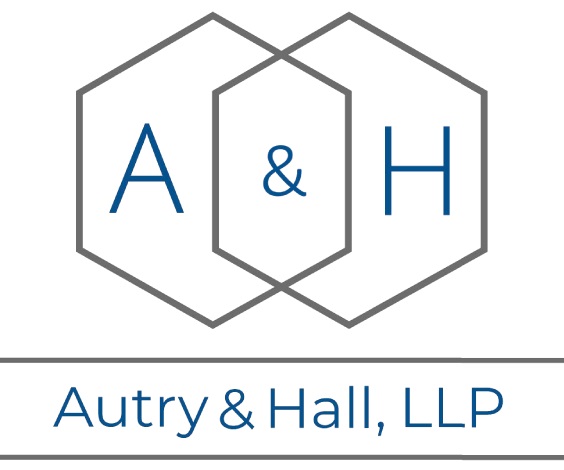AHC attorney Roland Hall was recently interviewed for an article on the trend toward more transparency and openness in cooperative governance. The article appeared in the July/August issue of the National Cooperative Business Association’s Cooperative Business Journal.
Members in some cooperatives are seeking to move their cooperatives toward open Board meetings and open records, and in a few cases members have exerted their control over their cooperatives to force changes in cooperative Boards, management, and ultimately cooperative policies. Roland noted that “governance standards are escalating, as are expectations of board performance, and cooperatives that take no action to improve their governance standards may face problems.” However, while there are some isolated examples of corporate wrongdoing among cooperative boards and management, in many cases member demands for openness are the result of poor communication between the board, management and the members. Members may become suspicious of actions taken by the cooperative simply because they are not being informed of the cooperative’s objectives and initiatives.
If cooperative/member relationships deteriorate to the point where concerted member action results, policies and standards may be put in place that are not in the best interest of the cooperative or the membership as a whole. For example, a move to open records and meetings may not be the best option for a cooperative. Cooperatives are business enterprises, and open records and meetings may undermine the cooperative’s legitimate need for confidentiality in matters such as business negotiations, proprietary information and confidential employee matters.
Fortunately, if poor member communications is the primary reason for member unrest, this problem can be addressed. Roland recommends that a cooperative’s board and senior leadership regularly engage in meaningful communications with members, including answering and resolving member complaints and questions on a timely basis, and keeping members aware of the cooperative’s short and long-term objectives and initiatives. As part of such a communications program, board members, management and employees should be consistent in their responses to member inquiries about cooperative matters. Roland noted that having reasonable, consistent responses “can help educate the members and may perhaps also help avoid a situation where members obtain passage of open access bylaw amendments that are not a good fit for the cooperative.”
